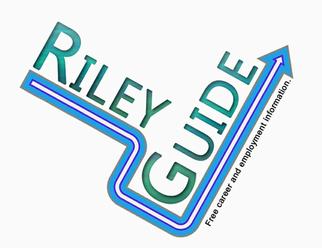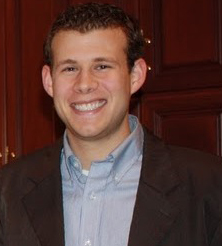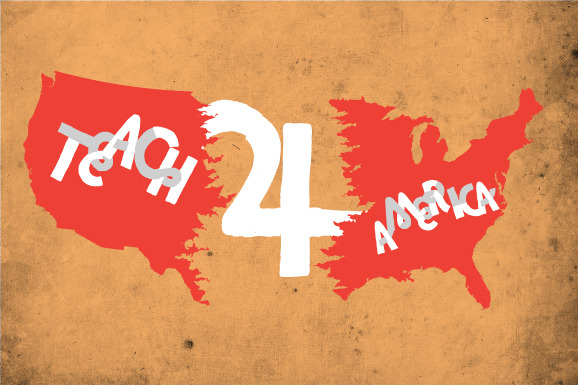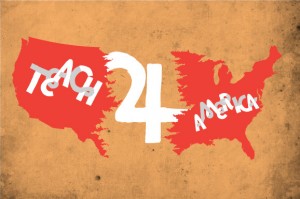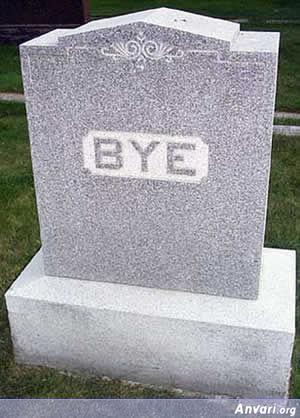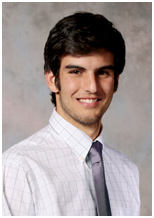One exercise I have seen suggested in career counseling books and workshops is that to learn what really matters to you, you should try writing your own epitaph. The idea is that you can see what you want to be remembered for, and as a result become more focused in your career exploration and job search.
I know it sounds creepy, perhaps this blog might have been better timed in a month for Halloween, when talk of the dead and the undead is more socially acceptable. But I will venture forth in sharing a Sunday ritual I have had for years (not eating eye-of-newt, I promise): I sit down in the morning and pore through the Sunday New York Times Obituaries. As a career counselor, I have always found the profiles of people in their long career spans to be very compelling. I can’t think of a better place to learn about the variety of careers available, nor to really illustrate the varying roles of fate, of ambition, of goals achieved and how unanticipated experiences have changed the course of people’s lives. When you read obituaries you also see how a personality, for example a style of leadership or capacity for empathy, can play a huge role in the nature of someone’s achievements.
While reading the obit articles can be sad because the lives described are at their ends, it is also thrilling to be reminded how much people can accomplish for society in how many ways. If you are currently exploring your options, this is an unconventional, but inspiring approach to learn about the world of work. These are some of the people profiled this week:
Entertainment/Communications Careers
Founding Force of the Big East Conference
Gavitt harnessed the burgeoning power of televised sports coverage with his nascent league to produce a powerful conference.
Man Who Shaped Miniature Golf
Mr. Lomma and his brother Alphonse are widely credited with having shaped the game’s familiar postwar incarnation
Painter and a Creator of Pop Art
Mr. Hamilton, whose sly, trenchant take on consumer culture and advertising made him a pioneering figure in Pop Art, was known for his cover design of the Beatles’ “White Album.”
Political Careers
Leader in Gay Rights Fight
Mr. Evans helped form and lead the movement that coalesced after gay people and their supporters protested a 1969 police raid on the Stonewall Inn, a Greenwich Village gay bar.
Antiwar Leader in 1960s
Mr. Oglesby led Students for a Democratic Society as it publicly opposed the Vietnam War, and his speech “Let Us Shape the Future” is considered a landmark of American political rhetoric.
Charles Percy, Former Ill. Senator
Mr. Percy was a moderate Republican who clashed with President Richard M. Nixon over the Watergate scandal.
Education Careers
Man Who Fought Standardized Tests
Dr. Perrone’s ideas on flexible teaching methods led to a loose network of public alternative schools in New York, Boston, Chicago and Philadelphia.
Cultural Musicologist
Christopher Small, a New Zealand-born writer and musicologist who argued that music is above all an active ritual involving those who play and listen to it
Mr. Asch, a judge with a Ph.D. in sociology, wrote scholarly works about civil liberties and made notable decisions about landlord-tenant law and gay employment.
Hi Tech Careers
Mr. Kunkel helped start the first published gaming column in 1978, and later the first video game magazine.
Mr. Hart began the digital library Project Gutenberg after a July 4 fireworks display, when he typed up the Declaration of Independence and made it available for download.
Mr. Tantlinger is credited with creating, in the 1950s, the first commercially viable modern shipping container, which changed the way nations do business.
And, for the thrillseekers…
Daring Italian Mountaineer
Mr. Bonatti was a member of the Italian team that conquered K2 in northern Pakistan
Air and Land Daredevil
Ms. Skelton was a three-time national aerobatic women’s flight champion when she turned to race-car driving, then went on to exceed 300 m.p.h. in a jet-powered car.
What do you want to be remembered for? I’ll close with a quote from my colleague John Tuton: “…our society focuses so much on the outward trappings of success like salary and possessions when folks are alive, but I’ve never seen a dollar sign on a tombstone.”


